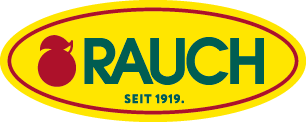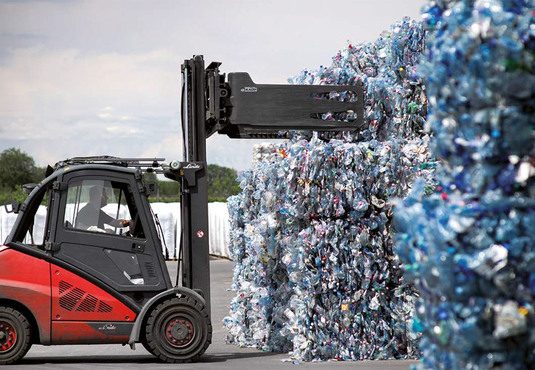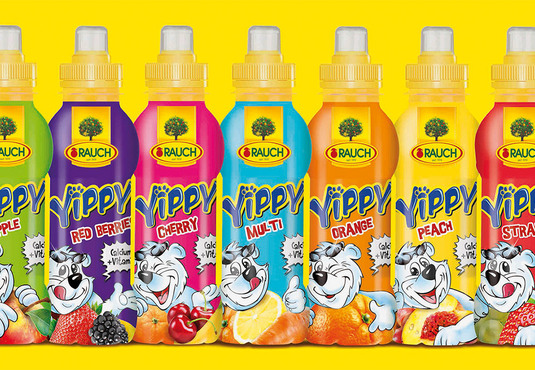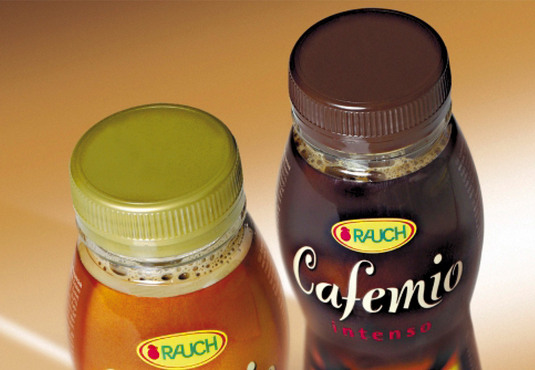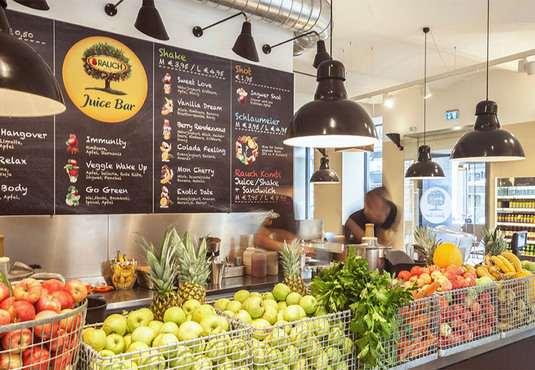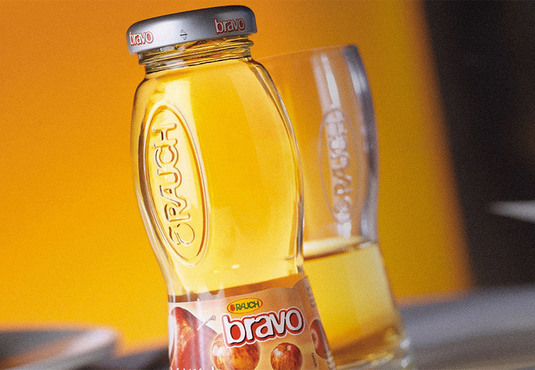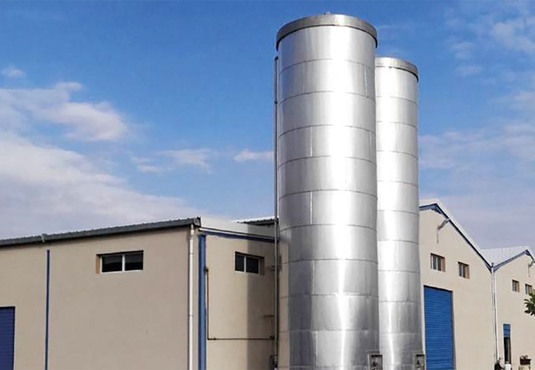
Giving a village the kiss of life
In Serbia and other south-east European countries, Rauch's fruity brands have enjoyed growing popularity since the 1990s. Serbia's consumer association even awarded Happy Day the best fruit juice of the year in 2005. It was clear to management that with such volumes a bottling plant in Serbia would give a good return. But why restrict it to bottling only? Serbia is famous for fruits that Rauch processes: currants, raspberries, peaches etc.
Luck was on Rauch’s side when it searched for a suitable premises. In July 2006 in the small village of Koceljeva, a fruit cannery went up for auction following bankruptcy proceedings. Roman Rauch seized the opportunity: “Only one other person turned up for bidding in the courtroom. It was the cheapest plant we ever bought.”
One week before Christmas, Harald Krammer, Technical Manager at Rauch drove to Koceljeva for the first time: “Cold, wet and grey. Terrible streets. Farmers with oxcarts. A village in which time appears to have stood still for decades. And then along came our factory. It was...shall we say: bleak.”
The team rolled up its sleeves, brought the building into shape and installed the first production lines. By autumn, Rauch Serbia had already shipped its first Bravo PET bottles. But the people who operate the technology are just as important as the technology itself. And Rauch tried to source its employees from the local area wherever possible.
It soon found the first 80 new Serbian colleagues. Many new staff members visited the Rauch plant in Vorarlberg and learned the tricks and secrets behind the special Rauch quality. And the inhabitants of Koceljeva were fast learners. Krammer: “These days, the plant in Koceljeva is a genuine model company with 200 employees. Which makes me very pleased. Thanks to the economic upturn, the village of Koceljeva grew into a real gem.”

